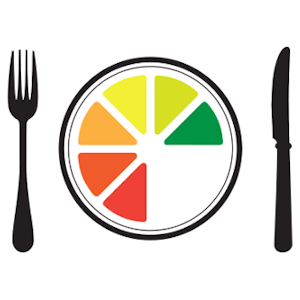In this course, Understanding Obesity, participants will delve into the multifaceted topic of obesity, examining the various factors influencing weight regulation and the challenges associated with weight management. Through a combination of engaging video content, audio MOOCcasts, and short readings, learners will gain insights into the biological and environmental drivers of weight gain, alongside the psychological and economic dimensions of appetite and eating behaviors.
Weekly quizzes and discussion activities will not only reinforce understanding but also prompt critical reflection and peer interaction. The course culminates in a final project, empowering participants to apply their evidence-informed knowledge and propose strategies for further development. Additionally, the course features Citizen Science projects, providing participants with an opportunity to contribute data for participant-led discussions on controversial ideas related to diet and obesity.
Throughout the journey, participants will gain a deeper appreciation for the scientific method, evidence interpretation, and the ongoing explorations within the field of obesity. By the course's end, learners will have acquired a more nuanced understanding of obesity, underpinned by scientific evidence and critical reflection.
Certificate Available ✔
Get Started / More Info
Understanding Obesity comprises four modules that delve into the physiological, psychological, and societal aspects of obesity. Topics include appetite regulation, stress, psychology of eating, and consolidation of knowledge through discussion activities and a final project.
Module 1: This module sets the foundation by examining the scientific method, media's role in shaping perceptions, and essential knowledge about appetite and obesity. Participants will engage in a week 1 quiz to reinforce their understanding.
Module 2: Delving into the physiological aspects, this module explores the physiology of appetite, early-life experiences, and the intriguing question of whether food and eating can be considered addictive behaviors. Reflective activities and a quiz are included.
Module 3: Focusing on the psychology of appetite, this module addresses economic approaches to obesity, portion sizes, food insecurity, and their impact on eating behaviors. Participants will engage in a week 3 quiz to consolidate their learning.
Module 4: This module serves as a consolidation point, offering discussion activities and a peer-reviewed exercise to reinforce learning. The final project provides an opportunity for participants to demonstrate and extend their evidence-informed understanding of obesity.
Understanding nutrition science and making informed food choices. Apply knowledge to build healthier habits for yourself and others.
Breastfeeding and Adequate Substitutes is a comprehensive course focusing on human milk composition, breastfeeding practices, and the use of breastmilk substitutes,...
Cooking for Busy Healthy People is a comprehensive course offering a principle-based approach to cooking. Learn to prepare plant-forward meals and gain the skills...
NASM's Nutrition Coaching Essentials program equips you with evidence-based guidance to improve body composition, athletic performance, and health.